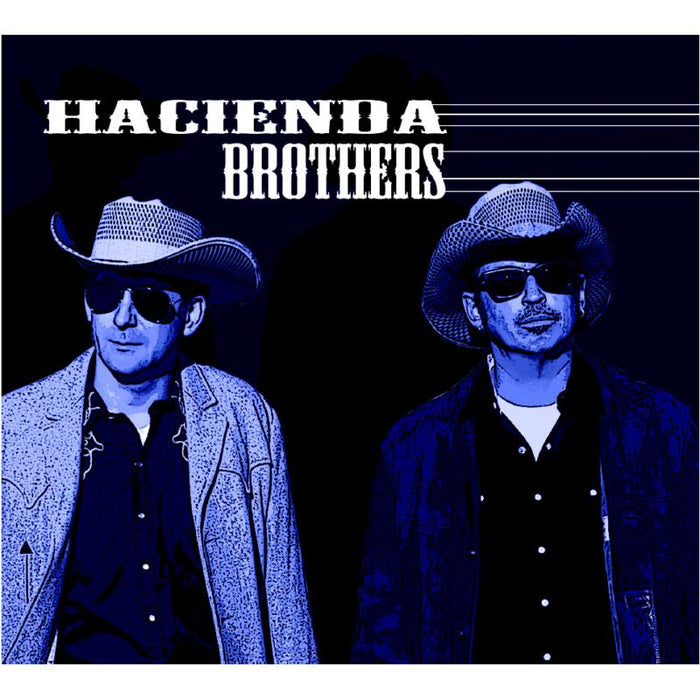Description
Each year, thousands of people flock to the city of Nashville with hopes of "making it". Ironically, it wasn't until Zach Russell made the decision to leave Music City, USA that he inked his first record deal with Thirty Tigers. Zach had stints as a manager at a shoe store and a karaoke host. He installed irrigation systems, and and also worked as a carpenter. He traveled the US and Europe as Tyler Childers merchandise manager for 3 years and got to witness firsthand what it takes to chase down greatness. Through it all, one thing that remained constant was his belief that he could chase it down as well.
Since leaving Nashville and returning back to the hills of East Tennessee, the past 18 months have been busy for Russell. He spent those months writing music, touring with The Alex Leach Band, and delivering a guest appearance on Adeem the Artist critically acclaimed album, White Trash Revelry. That wave of momentum has culminated to this moment, and the release of his highly anticipated full-length debut, Where the Flowers Meet the Dew.
Once again joining forces with up-and-coming producer Kyle Crownover (Adeem the Artist), this ten-song effort never takes its foot off the gas pedal. Dominant themes of wrestling with mortality, pondering reincarnation, and finding that ever elusive feeling of contentment that all weave gracefully through.
As the old saying goes, "Big hitters take big swings.", and Russell's choice as the first single is as bold a statement as can be made. Coming in at a shade over seven minutes long, "Born Again" begins as a rockabilly banger, then midway through, via a psychedelic segue it morphs into a funky, groove heavy jam. Russell sings of reincarnation and hints that perhaps every waking moment is, in fact, an opportunity to start anew.
The first half of the record is filled with traditional waltzes ("I Thought I Was the Trees", "Take Me Back to Tennessee"), haunting electric folk ("What You Want Comes to You"), and 60's R&B style ("Milk & Honey") cuts. Its deep, mellow, and the lyrics are contemplative. It draws you in while not letting the listener get too comfortable.
Beginning with the aforementioned rip-roaring lead single, the back half of the record brings with it an altogether different vibe. Greasy, distorted guitar licks pepper the back half of Where the Flowers Meet the Dew. "Playing House" fully displays his creative dexterity, and would be right at home on a post-grunge rock radio station, circa 1998, sandwiched between Matchbox 20 and Third Eye Blind. There's an underlying current filtering through the back half of the record that bristles with tongue in cheek humor, confidence, and all-out swagger. As a whole, Where the Flowers Meet the Dew is a remarkably ambitious effort that undoubtably demands and is worthy of repeated listens.
















